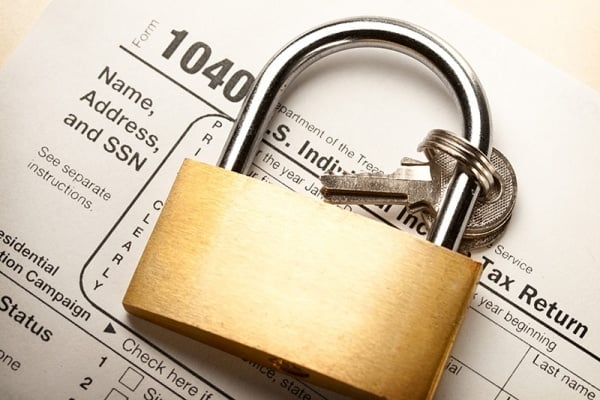Tax season is here, and unfortunately that also means that “tax scams” are here as well. Every tax season, there are more schemes targeting innocent taxpayers through phone calls, emails, in person, and even through social media channels. Some call to “verify” tax return information over the phone, some demand payments for a fake “Federal Student Tax,” and some impersonate tax preparers. Whatever the scheme, taxpayers need to vigilant against the scammers. Here are several tips to avoid being a victim:
Scams can sound convincing. These con artists use fake IRS identification badge numbers that appear to be legitimate. They usually alter the caller ID to make it look like the IRS is calling.
Scammers might have your information. use online resources to get your information. They may know a lot about their target such as the victim’s name, address, and even the last four digits of the victim’s Social Security number. They will use this information to make the call sound official.
Scams use scare tactics. If the victim doesn’t answer, the caller will likely leave an “urgent” callback request. If the victim does answer but refuses to cooperate, the caller may become hostile and insulting. They will may threats of police arrest, deportation, or license revocation. They may call back from other numbers or send emails pretending to be the local police or DMV to support their calls.
Scams ask taxpayers about a wide range of topics. Emails seek practically any information, from filing status to verifying PIN details. Scam emails can look like official communications from the IRS or others in the tax industry. When victims follow the email links sent to them, the official-looking websites ask for personal information.
The real IRS will never:
• Call you and demand payment. The IRS will not call you about your tax bill without first sending you a bill in the mail.
• Ask for your credit card or debit card information over the phone.
• Require that you use a specific payment method such as a prepaid debit card, gift card or wire transfer.
• Threaten you to have the police arrest you for not paying.
• Initiate contact with you by phone, text, email, or social media channels to request your personal or financial information.
What should you do if you get a phone call that you think is a scam?
• Do not give out any information. Hang up immediately.
• Report the incident to TIGTA at 1.800.366.4484 or at www.tigta.gov.
• If phone scammers target you, also contact the Federal Trade Commission at FTC.gov. Use their “FTC Complaint Assistant” to report the scam. Please add "IRS Telephone Scam" to the comments of your complaint.
What should you do if you get an email that you think is a scam?
• Do not respond to the email or click on the links.
• Forward the scam emails to the IRS at phishing@irs.gov
If you know or think you might owe taxes, call the IRS at 800-829-1040 to talk about payment options.
For more information and resources, you can visit https://www.irs.gov/uac/tax-scams-consumer-alerts.



